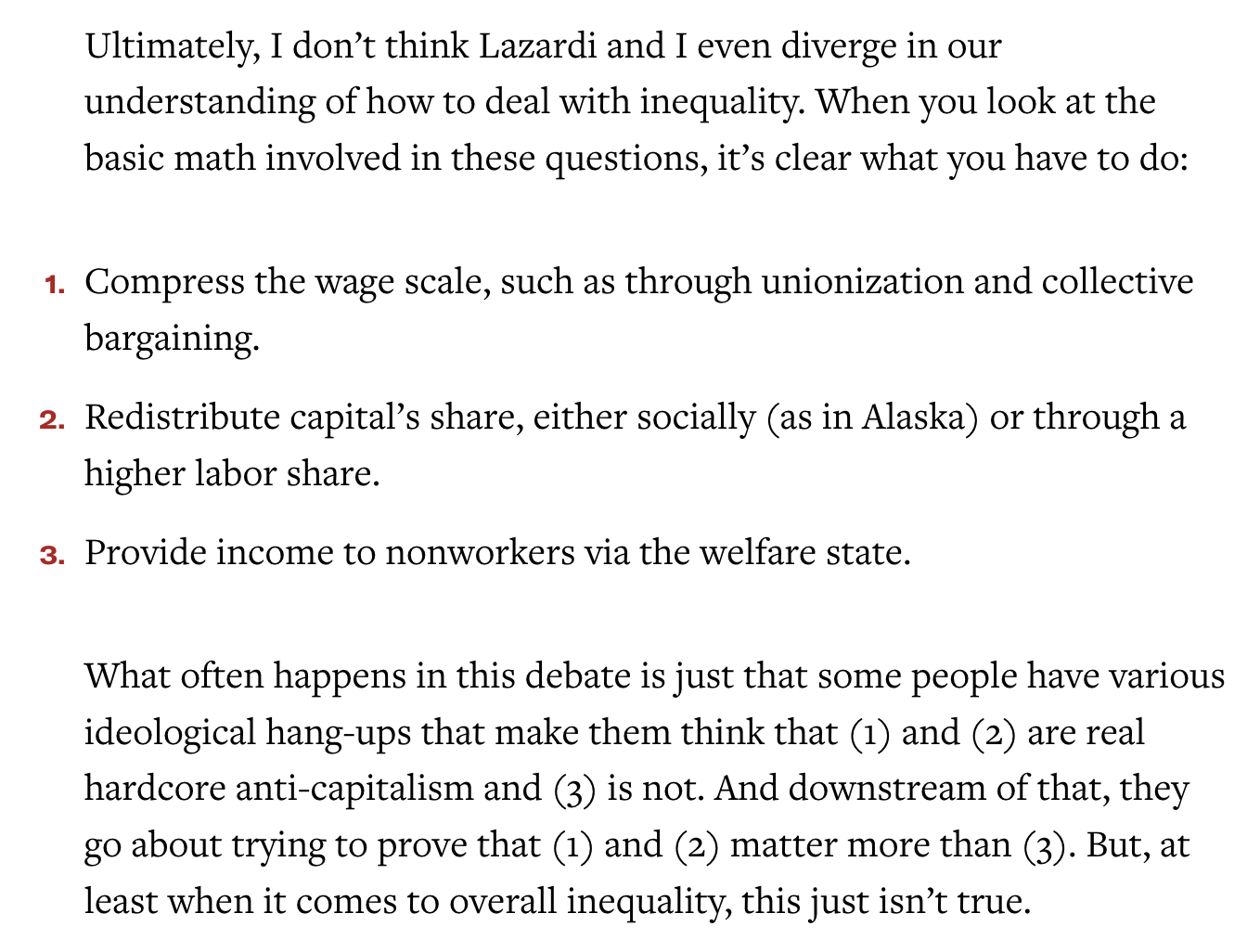if you believe that a better world is possible, you may be tarred as a doomer, because achieving a better world involves calling attention to what is wrong with this one.
your very optimism is called pessimism, particularly by people for whom the current world is more than comfortable.
@Alon A smart US would not. But a man always desperate to be able to brag about a “good deal”, who welcomes the hatred of the virtuous and pious, might make a trade!
Anyone else think the nuclear announcement is a concession that Xi requested?
The timing is... suspicious.
China is the nuclear laggard of the three apocalyptopowers. It wants to catch up, and has the technical and industrial means to do so, but it probably needs to test its new tech. However, it's invested a lot in portraying itself as good guy to America's putative evil empire.
The US' negotiating position vis China is objectively bad, but people can find creative… sweeteners.
i get knocked down / but i get up again / but not without throwing a huge temper tantrum and acting bitter and depressed for days and you're never gonna keep me down!
@riaschissl wow. i use claude a lot, had no idea it was synthesizing a profile. i thought each session was like a new birth!
friendship is the microstructure of solidarity. AI companionship is an opiate of the masses.
if we think of Jeffrey Epstein as a kompromat op, isn't AI erotica served by centralized platforms likely to become Jeffrey Epstein blitzscaled?
i don't mean to draw a moral equivalence. no children are harmed indulging a weird fetish with Mistress GPT. but it'll become a blackmail treasure trove.
if you don’t maintain your assets, they become liabilities.
@paninid times! i’m an idiot.
that human nature changes so much with the times suggests it isn’t really nature.
"much of the wealth isn’t a reflection of labor or even invention — it’s a gain based on the negative externalities and private monetization of an unrecognized public good — the network effect — with no associated compensation to the public… ultimately, the strongest consumer benefit and economic growth goes hand-in-hand with the erosion of profits.” #JohnHussman https://www.hussmanfunds.com/comment/mc251028/
We really need to regulate against the “sale” of products third parties can meddle with without the owner’s consent. It’s bad hygiene. It should be taboo. https://mas.to/@nordicnews/115451703107645377
Aside from the fact that it's, well, murder, one of the United States' great achievements during the Pax Americana era was protecting and enforcing all the world's ability to navigate freely in international waters. One of many global public goods the US used to provide, but is now undermining.
they said it was an inappropriate appropriation and that kind of blew my mind.
i didn’t get interested in software to build shopping carts. i get so turned off when that’s the example.
@scott @curtosis it works until it doesn’t. the humans are not so predictable, and objective conditions can have some play. i’d not make any bets on “real Americans” turning on their masters very soon, but eventually they will. the question is how much collateral damage—how many scapegoats must be exhausted (if not exterminated)—in the meantime. and whether technical means of surveillance and control fully neutralize any 2nd amendment prerogatives before they do. Larry Ellison is working on it.
Whatever you might think of other controversializing, no one one the planet understands and presents more clearly the basic economic mechanisms of social democracy than #MattBruenig
from https://www.peoplespolicyproject.org/2025/10/26/do-predistribution-people-know-how-to-read/ ht @jdcmedlock
